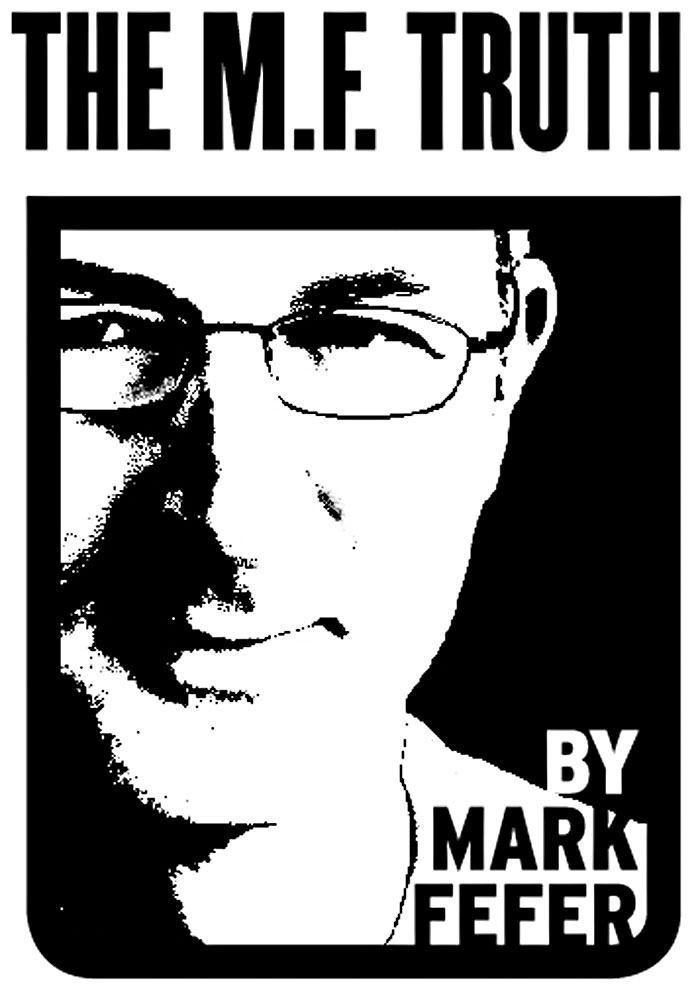The continued legal attacks on the Building Industry Association of Washington got a bit more traction than usual last week, as Attorney General Rob McKenna sued [PDF] Dino Rossi’s biggest backers for campaign finance violations. The move came in response to a complaint filed by a pair of anti-BIAW attorneys and an investigation by the state Public Disclosure Commission.
Pro-Gregoire forces leapt at the chance to badmouth the homebuilders’ lobby. “It’s clear that these ultra-conservative developers will do anything to get Dino Rossi elected—including break the law,” declared Aaron Ostrom, executive director of the progressive advocacy group Fuse.
But public documents in the case actually show little sign of a conscious plot to give Rossi unlawful aid and comfort. Indeed, the most compelling revelations in the file have less to do with nefarious deeds than with divisions in the BIAW’s own ranks. E-mails show considerable anxiety about BIAW tactics on the part of some of the BIAW’s local chapters—including the Master Builders of King and Snohomish Counties, the largest chapter by far.
The BIAW got into this mess because of an unusual windfall last year. The organization received an especially huge refund from a state-run program called Return on Industrial Insurance (ROII). Under this program, employers in a trade association like the BIAW buy insurance to cover the cost of employees’ on-the-job injuries. When the premiums paid in by the group exceed the claims paid out, the state will deliver a refund. The BIAW returns 80% of that refund money to individual employers participating in its pool, but the rest it retains as a fee, splitting the take with its 15 local chapters. And a generous take it is: almost $40 million over the past five years. The BIAW uses that money to fund its political action committees, which then create anti-Gregoire attack ads and the like.
In a complaint filed last month, two attorneys claimed that the entire BIAW insurance operation should be considered a PAC because, they alleged, the funding of political activity is clearly one of the group’s “primary purposes.” State regulators rejected that argument. However, regulators did agree there’d been a slip-up. Because of last year’s unusually rich refund, the BIAW had asked its local chapters if it could keep some of their share of the proceeds to help bankroll Rossi’s upcoming rematch with Gregoire. Most of the chapters agreed, providing the BIAW with an extra $584,000.
And that’s where the BIAW got into trouble. Because the money was solicited for an expressly political purpose, the donations amounted to a PAC and should have been reported, the Public Disclosure Commission ruled.
What this amounted to was more hairsplitting than scandal, and the remedies are likely to be trivial as well. While liberal bloggers questioned whether McKenna would have the guts to act against the Republican party’s best friend, the decision to sue was probably one of the easiest of his career. It gave him an opportunity to appear evenhanded (see Damon Agnos’ “Teflon Rob,” Sept. 24) while doing nothing of much consequence to the BIAW. The builders will pay a nominal fine, and there needn’t be any other changes to their m.o. beside filling out a few more forms. “Nothing they’ve done is prohibited,” says Phil Stutzman, the PDC’s director of compliance.
The only real potential damage from the case is bad publicity, which is exactly what local chapters clearly feared in e-mail exchanges with the BIAW last year. Democrats in the state legislature have tried numerous times to curtail the ROII program through various rule changes. And while none of those efforts have prevailed, the local chapters plainly live in fear that the BIAW’s tactics could yet cost them their cash cow.
In July, for example, an executive from the BIAW’s Whatcom County chapter reported back to BIAW chief Tom McCabe about a meeting with his group’s board of directors. “They are concerned,” he wrote in an e-mail, “that an unsuccessful ‘anatomy to the wall‘ effort by BIAW, with common knowledge that ROII funds are being heaped on Rossi, could be a millstone around Rossi’s neck in the race, and the final blow for ROII if Gregoire is eventually re-elected…I shudder to think how many members, not to mention money, we will loose [sic] if ROII goes away.”
In another e-mail that same week, Sam Anderson of the Master Builders told McCabe that he didn’t want to mention the BIAW or the governor’s race in the group’s annual pitch letter to members for political contributions. “Our board and members…are worried that such a solicitation will be exactly what labor and certain Democrats will want to attack again the ROII program as a BIAW political fund,” Anderson wrote. “It is a very sensitive and important issue to us.” The Master Builders also declined the BIAW’s request to retain some of the chapter’s own refund money for the Rossi campaign.
The events of the past week seem to have played exactly into the members’ worst fears. Fuse, for one, immediately called for action on the larger issue. “The Legislature needs to fix this problem,” said Ostrom. “It should never be legal to spend money skimmed from a government program on attack ads in the first place.”








